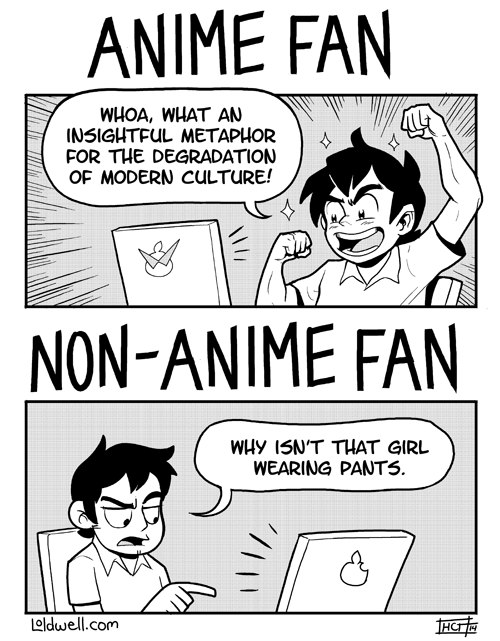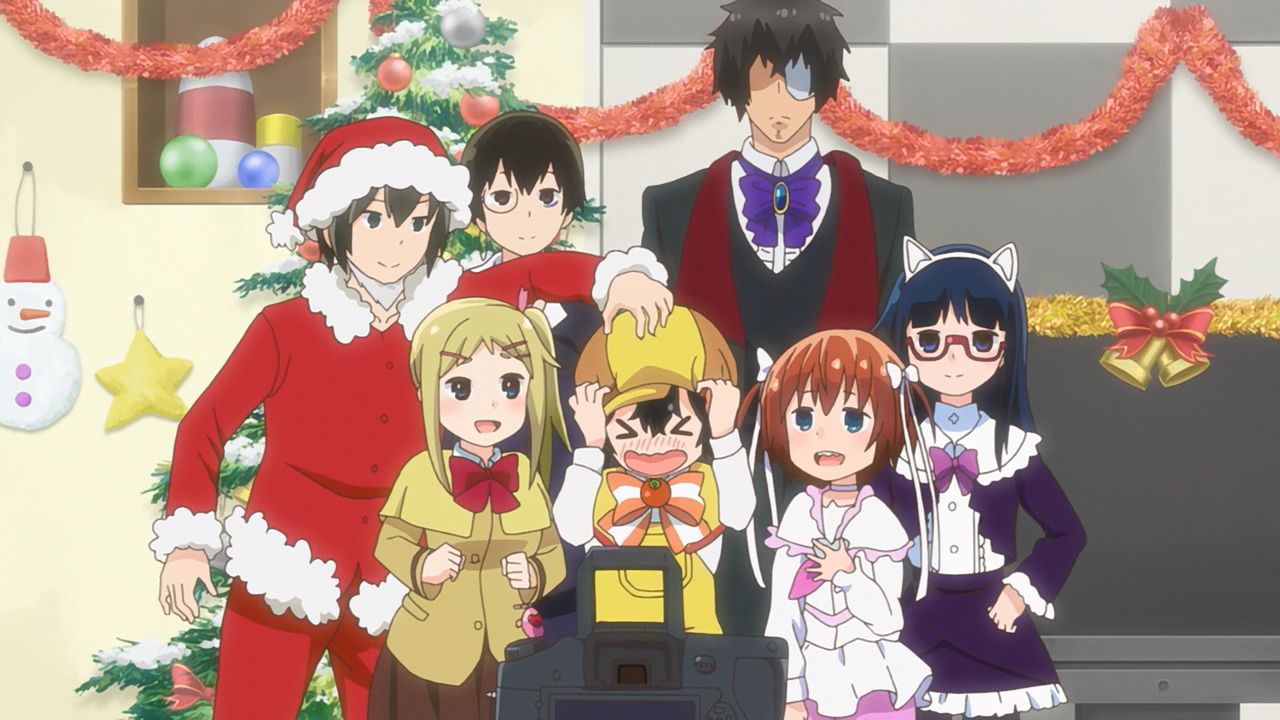This fall I joined a running club. Every Thursday night, I go out on a three or four mile run in the dark with the occasional freezing rain pouring down. I come back exhausted, but I can’t stop smiling for the rest of the night.
My husband and my friends think I’ve gone a little crazy. But when I think about the encouragement of the other members, the high-fives and pats on the back, I realize I’ve finally found what I’ve been looking for after watching all this sports anime all year: a team.
At the beginning of the year, I blogged about how shows like Free!, Kuroko’s Basketball, Haikyuu!, and Yowamushi Pedal were actually getting me into shape. I can’t swim, play basketball, or even ride a bicycle very well, but I can run. Onoda, the scrawny nerd who stars in Yowapeda, was a huge inspiration to me. He doesn’t look athletic, but he has heart. Slight of build but passionate, sports anime main characters like Kuroko and Hinata follow this same personality recipe.
Growing up, I always thought that being a nerd was in opposition to being athletic. I ran JV Track & Field because I had friends in it, but I never tried all that hard to be fast. In fact, when I wasn’t fast, I felt justified in an odd way, like it proved I was a “true” nerd. Of course, personality traits aren’t so black and white as they felt in high school. Even as they continuously break the sound barrier with their speed and skill, what makes sports anime heroes so sympathetic are their oddball characteristics. From Midorima’s quirky obsession with horoscopes to Makishima’s terrible fashion sense to Tobio’s socially awkward small talk, sports anime wouldn’t be worth my time if weren’t rooting so hard for these losers.
The lesson here is that it’s difficult to resist categorizing people, including yourself. Running a blog called Otaku Journalist for five years, I’ve highlighted my otaku side online because doing fandom activities in real life makes great blog fodder. However, I have a lot of other interests. I enjoy hardware hacking, knitting, experimenting with makeup—and now, running.
You don’t hear about this stuff very much because it doesn’t fit in with the online perception I am trying to convey. With “otaku” and “journalist,” I already have two identities to manage! And I don’t plan on starting to cover my other hobbies more often, either. Instead, sports anime has encouraged me to live a more offline life, with hobbies I don’t feel compelled to document on my blog. My favorite sports anime characters don’t usually bring their non-sports activities to the competition, but these interests shine through their personalities anyway and make them more memorable no matter what they’re doing. I hope the same goes for me.
Screenshot via Kuroko’s Basketball.
This post is the third installment of The Twelve Days Of Anime, a blogging series in which anime fans write about shows that inspired or impressed on them this year. For all the posts in this series, visit my table of contents.





